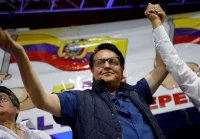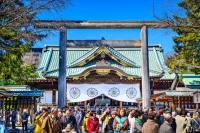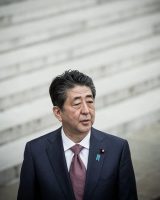
Prigozhin, Rubiales, Puigdemont: el triple rasero
La muerte con visos de asesinato del líder del grupo Wagner, Yevgueni Prigozhin, me ha remitido de manera fulminante a la obra teatral Patriots que vi hace tres semanas en Londres. Su autor Peter Morgan, guionista y creador de The Crown, reconstruye, con su habitual maestría para dramatizar la realidad, el ascenso y consolidación en el poder de Putin, a través de su relación con su primero protector y después víctima, el oligarca Boris Berezovsky.
Toda la función es trepidante, pero se me quedó grabada la discusión de Putin con su entonces jefe de gabinete Alexander Volóshin sobre qué hacer con Berezovsky, tras su viraje hostil a través del canal de televisión que controlaba.… Seguir leyendo »














